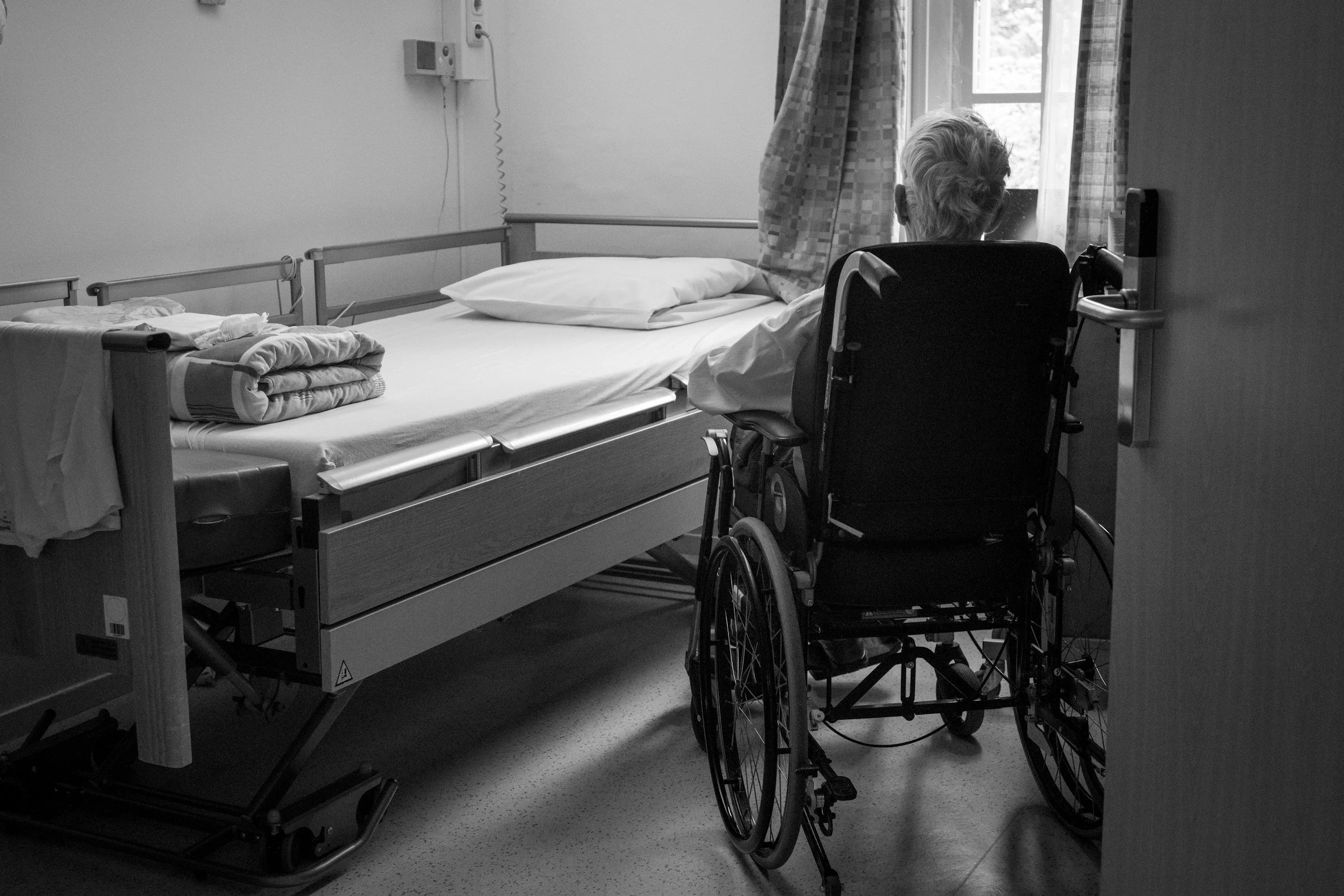
Guardianships for Incapacitated Persons
Guardianship for Incapacitated Persons in New York
Protecting loved ones who can no longer protect themselves.
When someone loses the ability to manage their personal or financial affairs due to illness, injury, or disability, legal guardianship may be necessary. In New York, this process is governed by Article 81 of the Mental Hygiene Law and allows a court to appoint a responsible adult to make decisions on behalf of an incapacitated person.
At The Schreck Law Group, we help families establish and manage guardianships with compassion, skill, and attention to legal detail. Whether you're seeking guardianship of a parent, spouse, or adult child, we’ll guide you through the court process and help protect your loved one’s well-being and dignity.
Schedule a consultation to get started with a guardianship petition in New York.
What Is Guardianship Under Article 81?
A legal guardianship gives a court-approved person (the guardian) the power to make decisions for another adult (the incapacitated person) who can no longer manage important aspects of daily life.
Common reasons for guardianship include:
Dementia or Alzheimer’s disease
Traumatic brain injury (TBI)
Severe mental illness
Developmental disabilities affecting adults
The guardian may be granted authority over:
Personal care (housing, health decisions, etc.)
Property management (paying bills, managing income)
Or both, depending on the individual's needs
Guardianship can be temporary, permanent, full, or limited, and must always be tailored to the person’s specific condition.
How Is a Guardian Appointed in New York?
To obtain guardianship, you must file a petition in Supreme Court (not Family Court) under Article 81. Here's how the process works:
1. File a Petition
You must file a detailed legal request outlining why guardianship is needed and what powers are being requested.
2. Court Investigation
The judge appoints a court evaluator, and sometimes a medical expert, to investigate the person’s condition and make a recommendation.
3. Court Hearing
A formal hearing is held. The person alleged to be incapacitated may attend and contest the petition. Witnesses, including doctors or family members, may testify.
4. Judge’s Decision
If the court finds the person functionally incapacitated and in need of assistance, a guardian will be appointed. The judge will also define what decisions the guardian can legally make.
Guardian Responsibilities
Once appointed, a guardian may be responsible for:
Medical care decisions and consent to treatment
Choosing or maintaining housing, including assisted living or nursing care
Managing income, assets, and debts
Filing reports with the court about their actions and the person’s condition
Guardians must always act in the best interests of the person and respect their wishes whenever possible.
Why You Need a Lawyer for Guardianship
Article 81 guardianship proceedings are legally complex, highly sensitive, and often emotionally charged. Here's how our legal team helps:
Ensure the Petition Is Properly Filed
Mistakes in forms or missing documentation can cause costly delays or even denial. We handle all paperwork and deadlines.
Advocate in Court
We represent you at the guardianship hearing, present evidence, and respond to challenges or objections from other family members or parties.
Protect Your Loved One’s Rights
We help balance the need for protection with the person's right to dignity, autonomy, and the least-restrictive level of intervention.
Guide You After Appointment
Once you’re appointed as guardian, we help you understand your duties, complete required reports, and stay in compliance with the law.
Can a Guardianship Be Changed or Ended?
Yes. Guardianships are not necessarily permanent. If the person’s condition improves, or the guardian is no longer suitable, the court can:
Modify the powers of the guardian
Replace the guardian
Terminate the guardianship altogether
We can help you petition for changes when needed.
How The Schreck Law Group Helps with Guardianship Cases
We provide comprehensive legal support throughout the entire guardianship process:
Clear legal advice before you file
Step-by-step help with petitions and evaluations
Effective representation in contested cases
Ongoing support for guardians after appointment
Legal support for modifying or ending guardianships
Whether you’re acting out of concern for a parent with dementia or helping a disabled sibling, we’ll handle the legal process so you can focus on your loved one.
Take the First Step Toward Protecting Your Loved One
If someone you care about is unable to make decisions for themselves, don’t wait to act. Guardianship may be the legal tool you need to safeguard their health, finances, and quality of life.
Contact The Schreck Law Group today to schedule a confidential consultation.
Visit our FAQ page and browse our Insights articles to learn more about guardianships in New York.
Contact us.
Set up a consultation with a top divorce lawyer in New York and take the first step toward resolving your family law matters.
info@divorceandlitigation.com
(516) 760-1833
41 Frost Lane
Lawrence, NY 11559